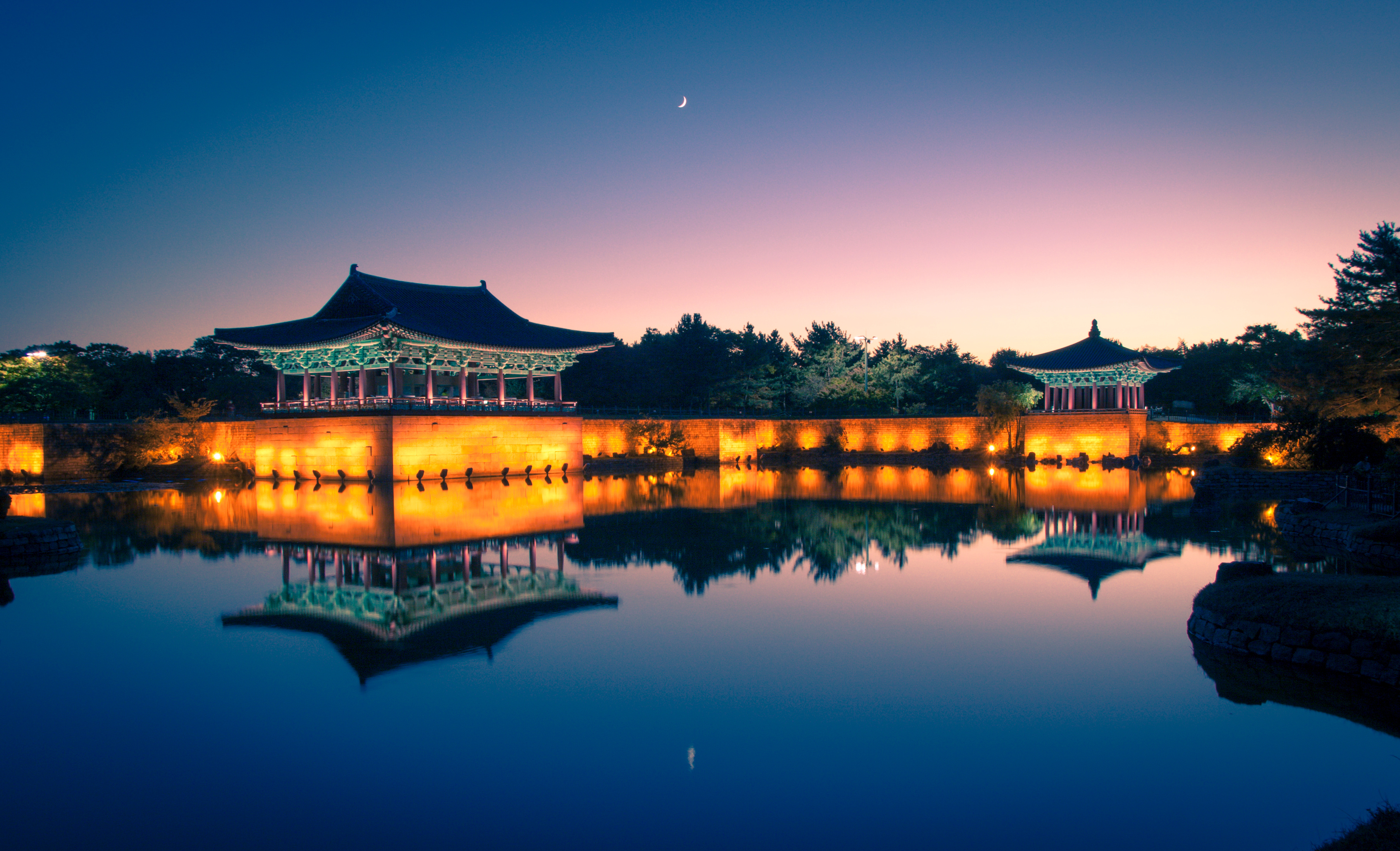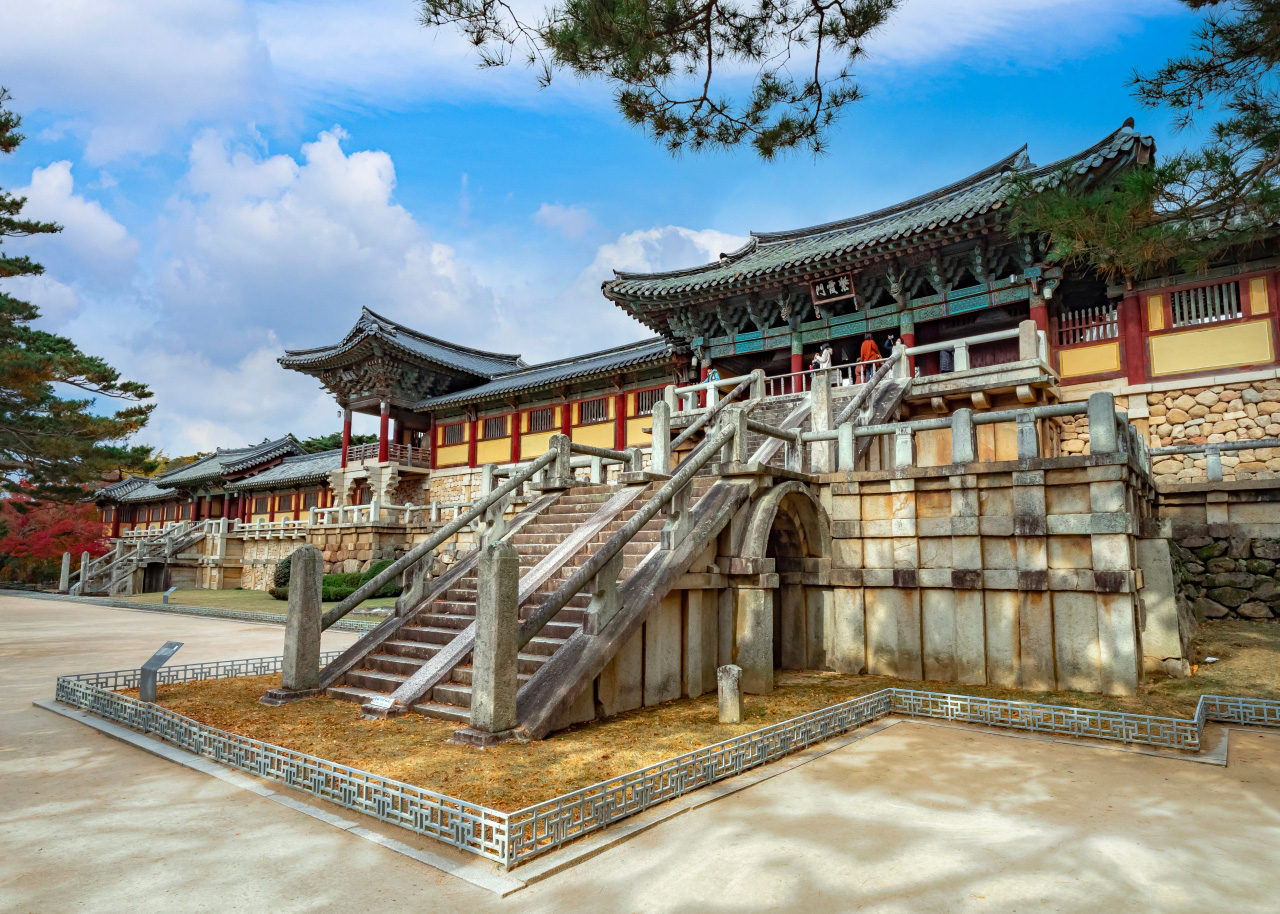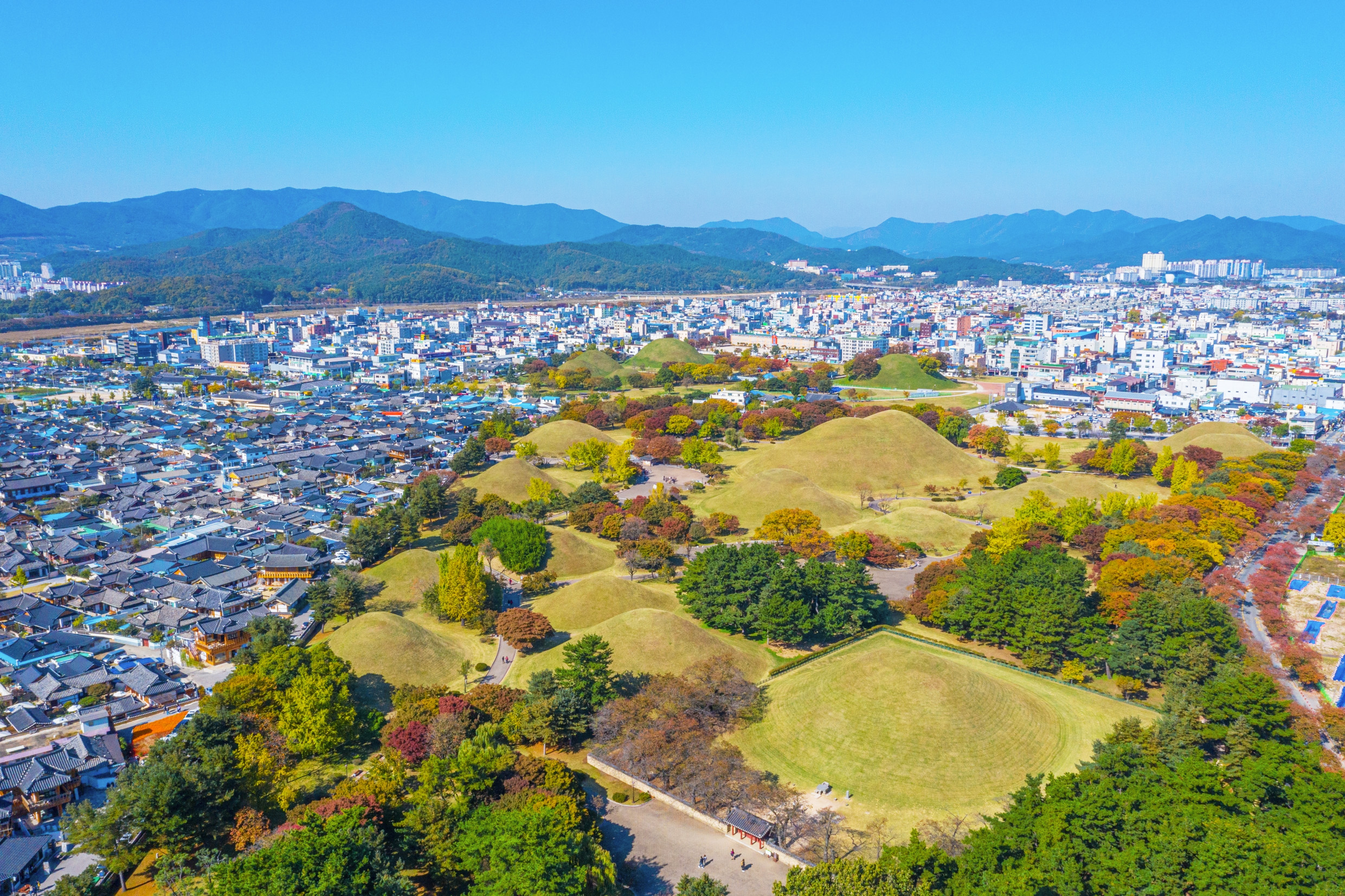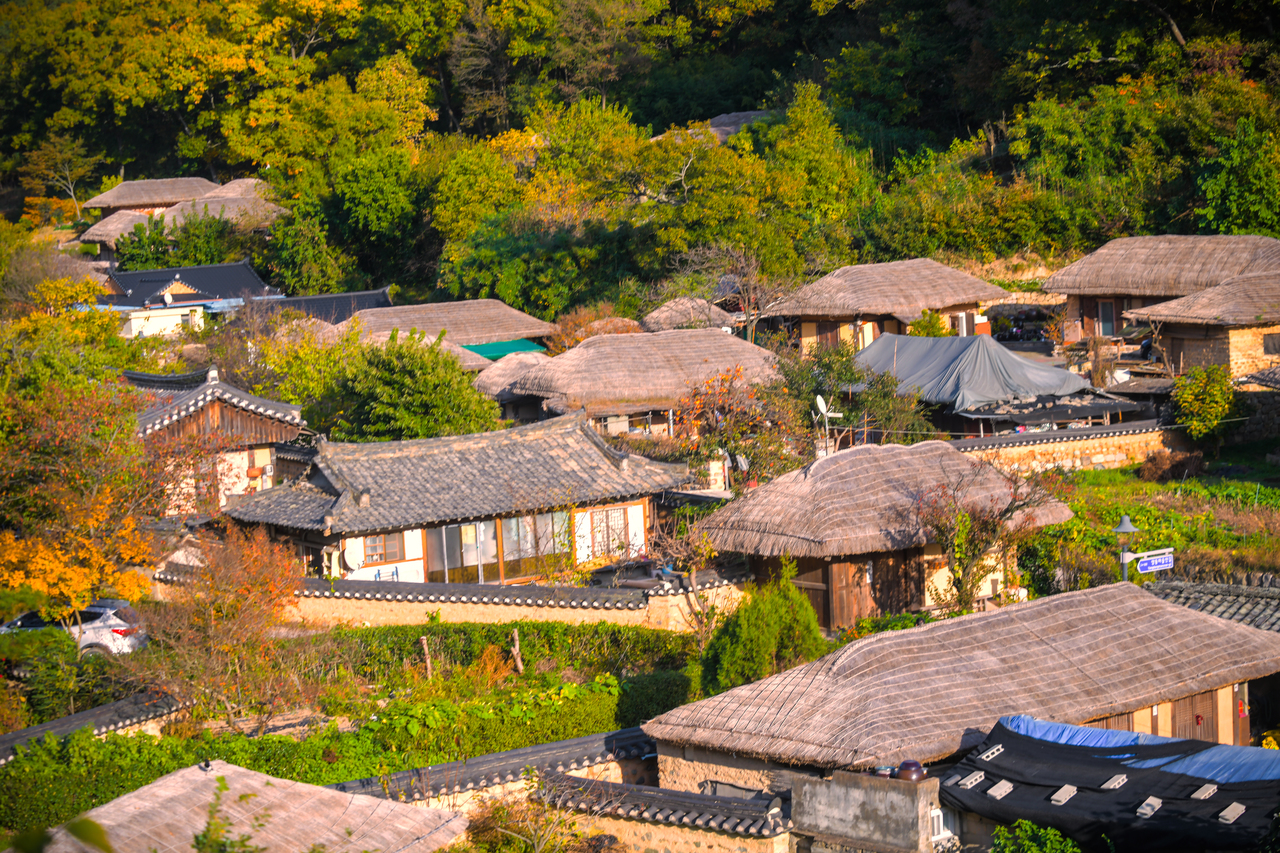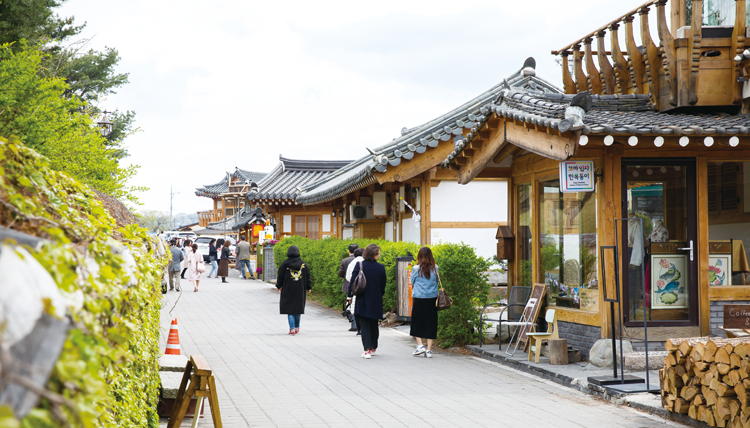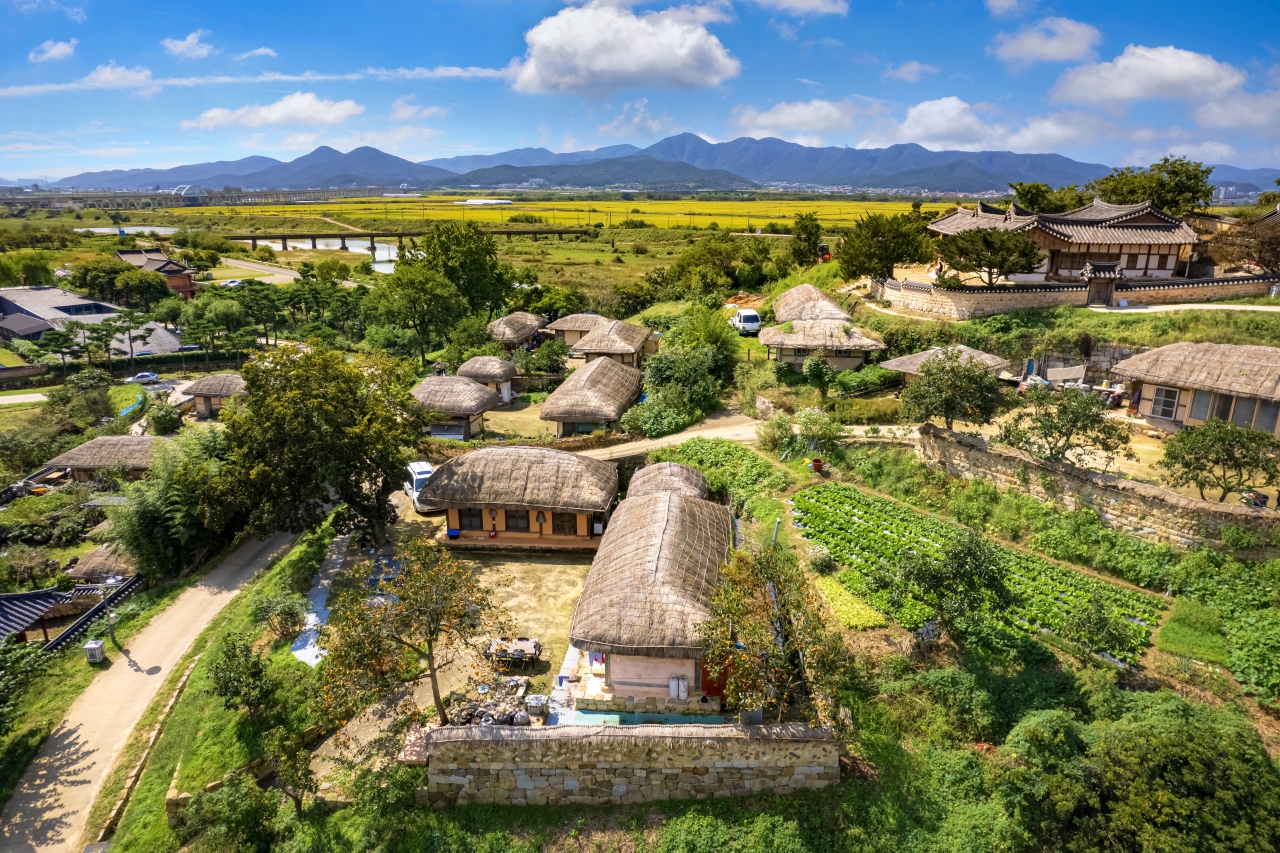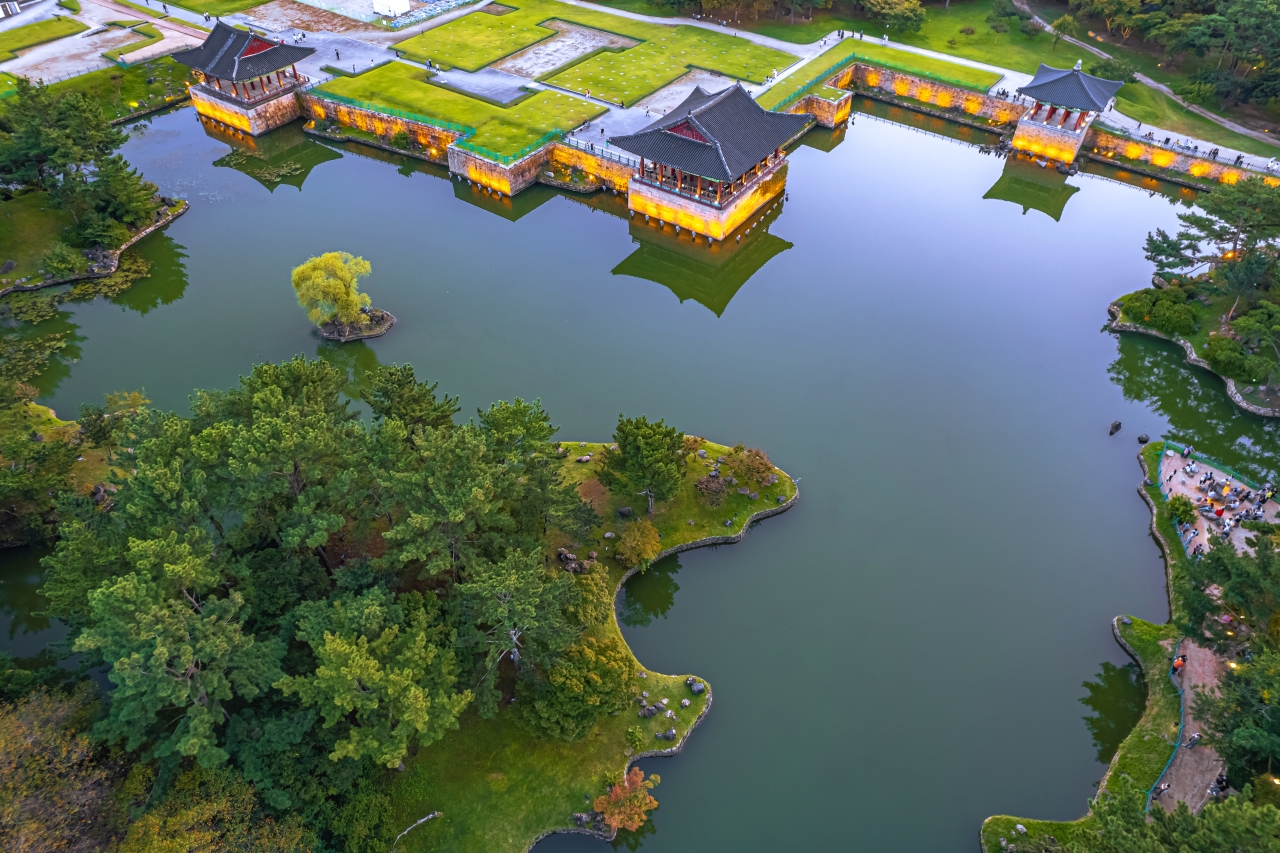1 / 10
Tours
Gyeongju UNESCO World Heritage One Day Tour
North Gyeongsang
17%USD 71.54
USD 59.99~
Get to visit the beautiful city of Gyeongju all the way from Busan in this day tour filled with stops in different UNESCO World Heritage Sites
- Explore Gyeongju's ancient wonders on a day trip from Busan. With our professional tour guide, visit several historic sites in one day like Bulguksa Temple, Yangdong Village, and Daereungwon Royal Tombs. Stroll Hwangridan Street and admire the night beauty of Woljeong Bridge and Wolji Pond. Experience the blend of history and modernity in this unforgettable journey.
Options
What to expect
Product Details
Yangdong Village: UNESCO World Heritage - Korea’s largest traditional village, showcasing the traditional culture of the Joseon Dynasty and the beautiful natural surroundings.
Daereungwon & Hwangridan Street: Daereungwon, also known as the Park of Royal Tombs, is a complex containing 23 tombs that were built during the Silla Dynesty. There are a number of tombs with significant historical value, but Chenmachong (Tomb of the Heavenly Horse), where the inside of the tomb is open to public, is one of the most symbolic sites. Next to Daereungwon, there is the famous Hwangridan Street, which introduces the modern face of Gyeongju with various street food and trendy cafes.
Bulguksa Temple: Bulguksa Temple is the representative relic of Gyeongju and was designated as a World Cultural Asset by UNESCO in 1995. The beauty of the temple itself and the artistic touch of the stone relics are known throughout the world.
Woljeong Bridge: The Woljeong Bridge in boasts a rich history dating back centuries. Constructed with sturdy stone arches, it stands as a testament to ancient engineering techniques. Spanning the Woljeongcheon Stream, this historic bridge has been a vital link in Gyeongju's transportation network for generations, serving as a tangible reminder of the city's past.
Donggung & Wolji: An artificial pond in Gyeongju National Park that was first constructed in year 674. The Korean governement temporaily drained the pond in 1972, revealing thousands of Silla artifacts that had fallen into the lake or were thrown in. This place is filled with lots of historical memories.


